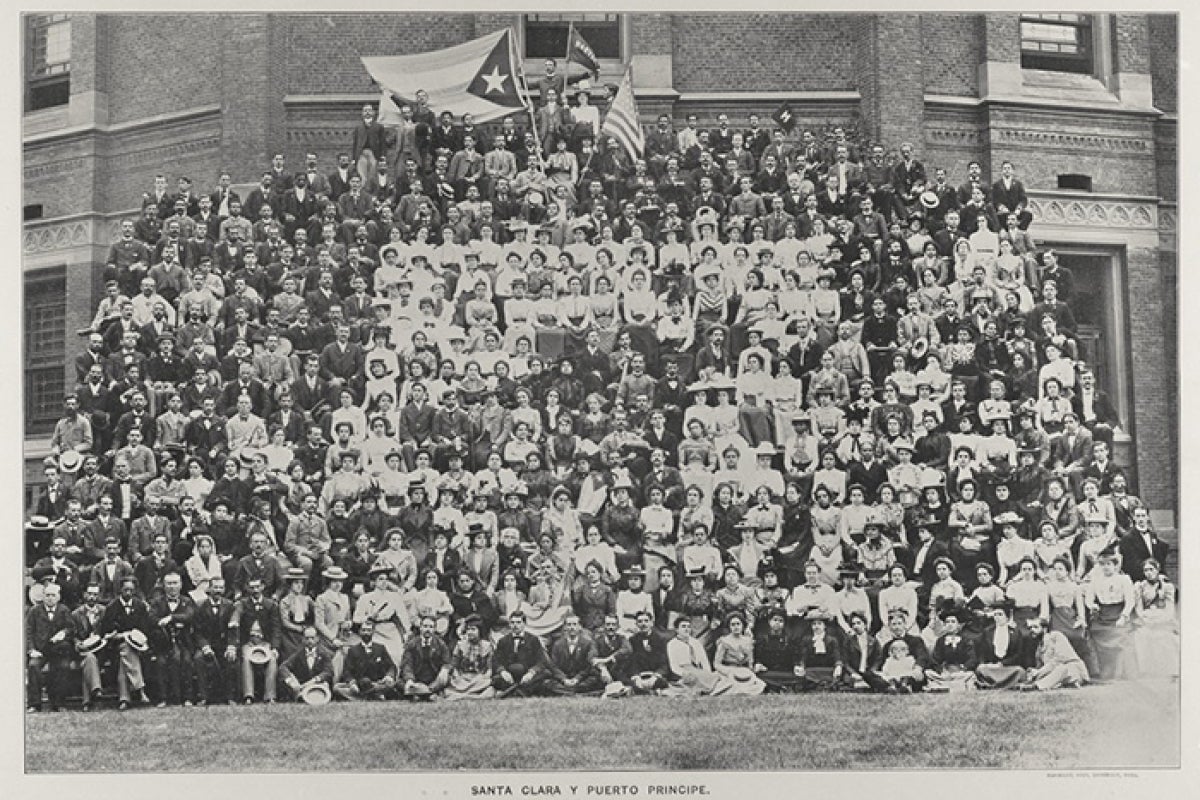
Please join University Archives on Tuesday, November 10, for a discussion about stories of belonging at Harvard. Experts will share materials from Harvard’s archival and library collections focused on student experiences throughout Harvard’s past. This session will explore several stories from the early 20th century, including the first official organization for international students and the 1900 “Cuban Summer School.” Following the live discussion among our archivists, the program will turn to an open Q&A.
This program is part of the Unity Webinar series, featuring prominent faculty, alumni, and other members of the Harvard community whose work across disciplines centers on addressing systemic racism and advancing social justice.
Accessibility
Harvard University and the Harvard Alumni Association encourage people with disabilities to participate in its programs and activities. Accessibility-related information can be found at accessibility.harvard.edu. If you anticipate needing any type of accommodation or have questions about the access provided, please let us know in advance by calling 617-495-1920 or emailing haa_alumnieducation@harvard.edu.
Community Guidelines
Harvard University Alumni Affairs & Development (AA&D) programs and volunteer opportunities respect the rights, differences, and dignity of others. Those taking part in AA&D activities are expected to demonstrate honesty, integrity, and civility in those activities, and are accountable for their conduct there with University alumni, students, parents, volunteers, employees, and invitees.
Harvard University Alumni Affairs & Development reserves the right to suspend services to and exclude from participation in AA&D programs any person whose inappropriate behavior adversely affects the safety, well-being, and inclusion of community members.